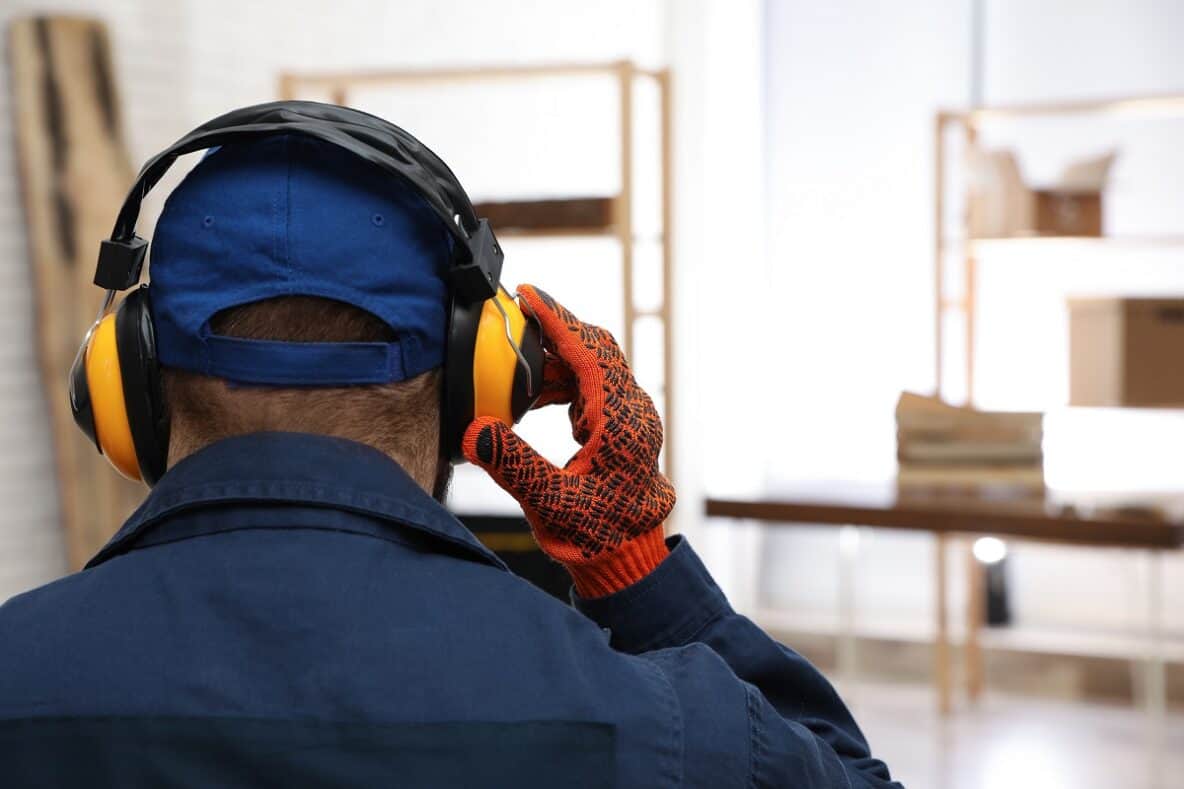A survey conducted by UK charity Action on Hearing Loss found that a majority of people with hearing loss felt they needed to conceal their hearing reality in order to protect their professional image. One third of those folks admitted that they didn’t disclose their hearing loss because of fears of being treated unfairly in the workplace, while 61 percent hid hearing loss in order to prevent being seen as incompetent.
It’s clear that many workers feel their performance at work and upholding the image of a good, capable employee is tied to their ability to hear and communicate. But in many scenarios, the workplace itself is to blame for exposure to unsafe levels of noise.
The impact of untreated hearing loss
While downplaying hearing loss or our ability to understand a co-worker has happened to most of us at one time or another, choosing to ignore hearing loss can have unforeseen complications. In one’s personal life, difficulty hearing can have lasting and damaging impacts on close relationships. The loss of ease in communication can lead to withdrawal, social isolation and even depression.
At work, pretending to hear can land us in some tight spots. We may mix up a verbal instruction given in a meeting, and the results can be hard to come back from. Ordering 50,000 units instead of 5,000 units is both embarrassing and sure to be mentioned in a performance review.
Unfortunately, that’s the lived experience for many people with hearing loss. On average, people wait about a decade before deciding to treat hearing loss. We can assume that means that people wait until things get really bad before they decide to make a change, which is about ten too many years of living with hindered hearing loss and the unwanted outcomes it brings.
Noise-induced hearing loss
The National Institutes of Health estimates that around 22 million workers are actually exposed to dangerous noise on the job, leading to future hearing loss. Noise-induced hearing loss can happen so slowly and over long periods of time, so that it is hard to pinpoint when a noise environment is dangerous.
When we expose our ears to volumes exceeding 85 decibels, the inner ear cells can become damaged. These cells are crucial to hearing the full spectrum of sound available to us because they are responsible for receiving external noise from the world. These cells then translate that noise into sound information, transforming it from waves into sound information. This sound information is conveyed to the brain via the auditory nerve where it becomes meaningful to us. The process happens unconsciously and almost instantaneously.
What is acoustical confusion
The first signs of noise-induced hearing loss can be as subtle as its beginning. Initially, we lose frequencies so that we hear a less varied spectrum of sounds. This impacts speech clarity, so the earliest evidence of hearing loss is often apparent when you can no longer understand what people are saying. Sometimes, people with hearing loss suffer from acoustical confusion.
In these instances, a person might mishear or misremember a word and in their verbal memory, replace that sound with a similar word. It’s why you may have ordered 50,000 units instead of 5,000, the result of acoustical confusion applied to a verbal instruction.
This can lead to mishaps in the workplace or even treacherous situations in some cases. If you work with machinery, you might rely on your hearing to alert you that something is wrong. If hearing loss or acoustical confusion is at play, the warning signs might be missed.
Why hearing protection doesn’t always work
The federal government has long enforced guidelines to ensure safe workplaces for employees, which include dangerous noise thresholds. If the work requires loud noises beyond these guidelines, other implements are used to protect hearing. However, it’s worth mentioning that hearing protection often goes unused as it also muffles people’s environmental awareness.
Beyond individual hearing protection, workplaces may also institute noise barriers and more frequent breaks in order to preserve healthy hearing in employees. These tactics may be more reliable because they don’t impede a worker’s ability to remain environmentally aware.
Are you impacted by acoustical confusion?
While it’s completely normal for the average person to encounter situations that are more difficult to hear in, there comes a point in which intervention is recommended. If speech clarity or acoustical confusion are negatively impacting your life, it’s time to schedule a hearing consultation.
Our team of hearing health professionals can guide you through the simple process to discover whether hearing loss is showing up in your life and if so, whether you are a good candidate for hearing aids. Contact us today.

